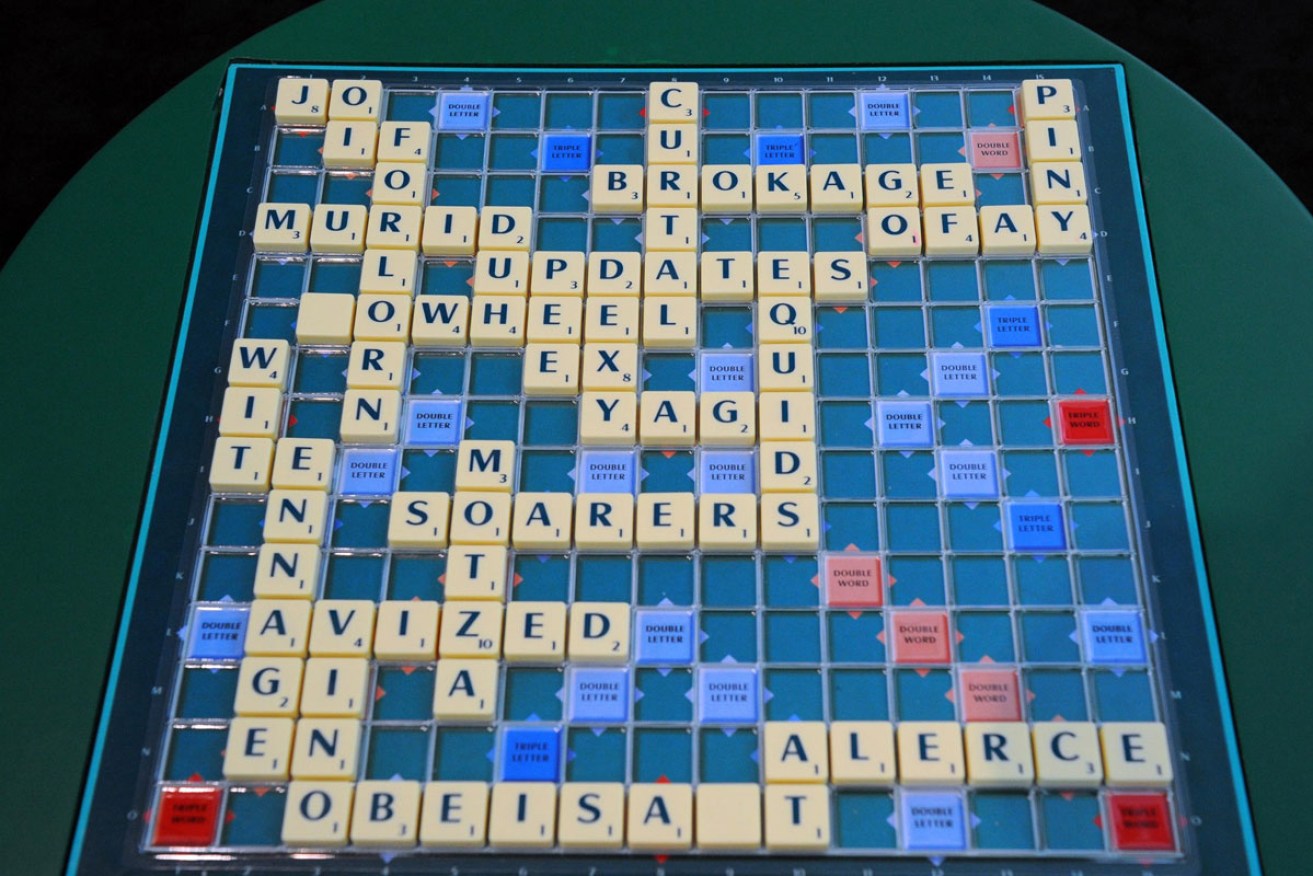And Australia’s “word” of the year is …
Sharing economy. It may not have the catchy sound of past winners but this year’s word – or term – has been on the tongues of the hip and government alike as new-style businesses such as Uber and Airbnb catapult in popularity.


This year’s term was selected by the Australian National Dictionary Centre after its common use in public debate about how Uber’s ridesharing service is challenging the traditional taxi industry.
Australian National Dictionary Centre director Dr Amanda Laugesen said the term grew in significance and frequency around Australia during the year.
“Sharing economy had a special prominence in Australia in 2015 partly due to the impact of debates around the introduction of ridesharing service Uber into Australia, which has been seen as threatening the taxi industry,” she said.
“The term sharing economy has feel-good connotations in emphasising sharing.
“Some regard it as a positive good for society, but others have pointed to its corporate dimensions and its potential to displace industries and businesses.”
This year’s shortlist was:
Dark web – the part of the World Wide Web that is intentionally hidden from search. Dark web engines use masked IP addresses, and are accessible only with a special web browser. It allows website operators to remain anonymous or untraceable. Dark web refers specifically to websites that use encryption tools to hide the identities of hosts and users of a site and attests to the more dangerous capacities of the web to facilitate criminal activity.
Lawfare – is the use of the legal system to effect a political or social outcome. The term rose to prominence in Australia this year after Attorney-General George Brandis accused environmental groups of using lawfare to try and stop particular development projects going ahead. The term is generally considered to be a negative one, as it implies an abuse of the justice system.
Marriage equality – the situation in which same-sex couples have the same legal right to marry as opposite-sex couples. Marriage equality was hotly debated through the year, as there were significant campaigns to try to introduce marriage equality legislation. Its prominence in Australia was part of a wider campaign, as seen in the successful Irish referendum in May on the issue, and a historic US Supreme Court ruling in June.
Periscope – this is a live streaming app that allows a mobile phone to be used to record and broadcast video in real time. The term is starting to be used as a verb, such as, ‘I’m going to periscope my family this Christmas’. A number of official events have been periscoped: for example, the ACT Chief Minister Andrew Barr allowed a cabinet meeting to be periscoped in August this year as a way of encouraging public engagement with government.
Each year the ANDC selects a shortlist of words or phrases that have come to prominence in our social and cultural landscape and made it into our Aussie vernacular.
Last year the top honour went to “shirtfront” – to challenge or confront a person – made popular by former Prime Minister Tony Abbott when he described how he would handle Russian President Vladimir Putin at last year’s G20 after the Malaysia Airlines Flight 17 was shot out of the sky over eastern Ukraine, killing 298 passengers, including 38 Australians .
“…We now demand that you [Russia] fully co-operate with the criminal investigation. I’m going to shirtfront Mr Putin. … I am going to be saying to Mr Putin Australians were murdered. There’ll be a lot of tough conversations with Russia and I suspect the conversation I have with Mr Putin will be the toughest conversation of all.” – Abbott




